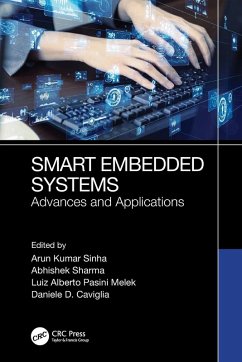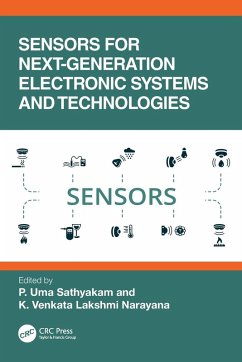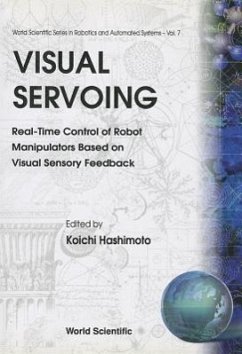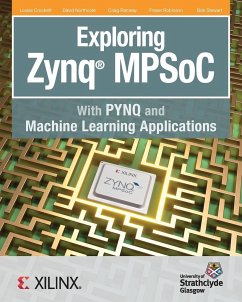
Real-Time and Embedded Systems
Life Cycle, Ecosystem and Scheduling Trends
Versandkostenfrei!
Erscheint vorauss. 1. Dezember 2028
135,99 €
inkl. MwSt.
Real-time and Embedded Systems: Life Cycle, Ecosystem and Scheduling Trends establishes life cycles and ecosystems for real-time and embedded systems, highlighting design, implementation and test objectives challenges, approaches, and trends. The book outlines applications and supporting computing platforms, as well as enabling sciences and technologies. It examines the latest studies in real-time and embedded scheduling and presents a roadmap for future research on these topics. Technologies for managing real-time and embedded systems play a key role in areas such as aviation and industrial e...
Real-time and Embedded Systems: Life Cycle, Ecosystem and Scheduling Trends establishes life cycles and ecosystems for real-time and embedded systems, highlighting design, implementation and test objectives challenges, approaches, and trends. The book outlines applications and supporting computing platforms, as well as enabling sciences and technologies. It examines the latest studies in real-time and embedded scheduling and presents a roadmap for future research on these topics. Technologies for managing real-time and embedded systems play a key role in areas such as aviation and industrial engineering, where missing a safety-critical real-time system deadline can lead to a human catastrophe. A real-time system is a system in which the notions of correctness and performance are joined together and defined as timeliness, which is described in terms of well-defined real time constraints. An embedded system is a computer system with limited processing power, memory and I/O resources that appears as a fabricated part of another system that can be mechanical, electrical, etc. Real-time and embedded systems serve to a variety of technological, medical and scientific applications. Task scheduling plays a significant role in meeting time constraints in real-time systems as well as resource constraints in embedded systems.













